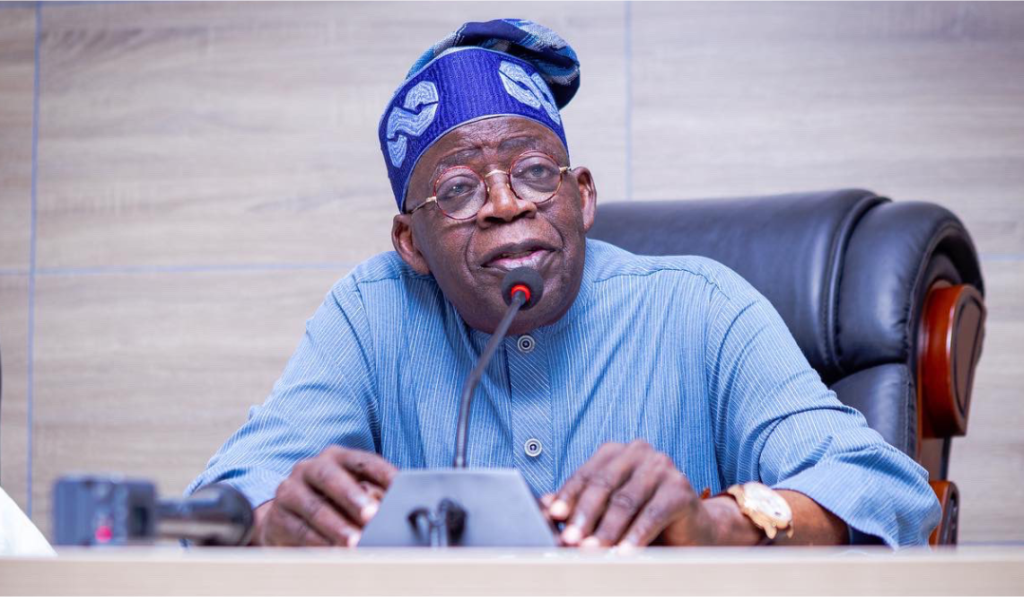Paragraph 1: A Wave of Political Appointments in Nigeria
President Bola Tinubu of Nigeria has initiated a significant reshuffling of leadership within various federal government institutions. This move, characterized by the appointment of numerous All Progressives Congress (APC) party officials to key board positions, signals a consolidation of political power and influence within the ruling party. The appointments, announced by the President’s Special Adviser on Information and Strategy, Bayo Onanuga, span a wide range of sectors, including media, agriculture, research, and health. This strategic placement of party loyalists reflects a deliberate effort by the Tinubu administration to solidify its grip on critical national institutions and potentially streamline policy implementation.
Paragraph 2: Key Appointments and Their Significance
Among the most notable appointments is that of Felix Morka, the APC’s National Publicity Secretary, who now assumes the role of Board Chairman of the Nigerian Television Authority (NTA). This appointment places a key party communicator at the helm of the nation’s primary public broadcaster, raising questions about the potential impact on media independence and objectivity. Another significant appointment is that of Hon. Fatuhu Buhari, a Katsina State native, as Director-General of the National Agricultural Seed Council. This appointment suggests a focus on agricultural development, a crucial sector for Nigeria’s economic growth and food security.
Paragraph 3: Distribution of Power across State and National Party Structures
The appointments demonstrate a calculated distribution of power across various levels of the APC structure. State chairmen from Bauchi, Kano, Benue, Imo, Akwa Ibom, Niger, Oyo, Yobe, Plateau, Kebbi, Abia, Taraba, Ekiti, Edo, Zamfara, Jigawa, and Adamawa states have all been appointed as board chairmen for different federal institutions. This broad geographical representation suggests an attempt to balance political interests and ensure regional inclusivity within the ruling party. Furthermore, the inclusion of National Working Committee members solidifies the influence of the central party leadership within the government.
Paragraph 4: Impact on Governance and Institutional Performance
The widespread appointment of political figures to these positions raises important questions about the potential implications for governance and institutional effectiveness. While political appointments are common practice, the sheer scale of these appointments within a single party raises concerns about potential politicization of key institutions. The effectiveness of these appointees will depend on their ability to prioritize the interests of the institutions they lead over partisan considerations. Their success will be measured by their ability to improve institutional performance, promote transparency, and deliver tangible benefits to the Nigerian people.
Paragraph 5: Potential Challenges and Opportunities
These appointments present both challenges and opportunities for the Tinubu administration. The concentration of power within a single party carries the risk of stifling dissent and limiting diverse perspectives within these institutions. Furthermore, the appointment of individuals based on political affiliation rather than merit could potentially lead to inefficiency and a decline in institutional performance. However, this strategic placement of party loyalists could also facilitate smoother policy implementation and greater alignment between the executive and the various government agencies. The success of this approach will depend on the administration’s ability to ensure accountability and transparency within these institutions.
Paragraph 6: Looking Ahead: Public Scrutiny and Performance Evaluation
The appointments will undoubtedly face public scrutiny, and the performance of these newly appointed officials will be closely monitored. Civil society organizations, the media, and the general public will play a crucial role in holding these appointees accountable for their actions and ensuring that they prioritize the best interests of the nation. The long-term impact of these appointments on Nigeria’s governance landscape will depend on the effectiveness of these individuals in their respective roles and the government’s ability to maintain a balance between political considerations and the pursuit of national development goals. The coming months will be crucial in assessing the effectiveness of this strategy and its impact on Nigeria’s future.














